Latest Stories
Latest News
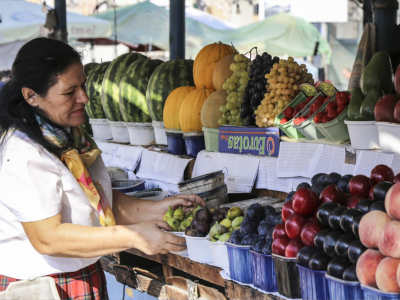
Members exchange experiences on key food and agriculture matters in Europe and Central Asia
16/05/2024
The Thirty-fourth Session of the Food and Agriculture Organization of the United Nations (FAO) Regional Conference for Europe (ERC), scheduled from 14 to 17 May in Rome, is in full swing. This conference, which is the main FAO decision-making body for its Europe and Central Asia region, features ministerial round-table discussions and side events on current challenges and opportunities for the food and agriculture realm of the region. Hosted at FAO’s headquarters and webcast live online, the ERC side events welcome speakers from governments, the private and civil sectors, and the academic community to look at such key issues as sustainable locust management, foresight drivers and triggers, climate action, water resource management, true cost accounting, and the challenges of transforming agrifood systems in landlocked developing countries to be more inclusive, resilient and sustainable – all from a regional perspective.
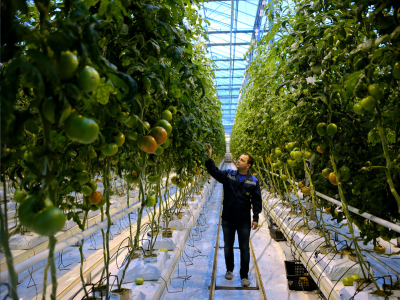
Innovation, digitalization and resilience in agrifood systems are key for Europe and Central Asia
15/05/2024
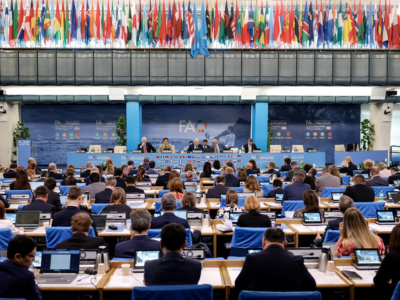
34th Session of the FAO Regional Conference for Europe opens with focus on bolstering resilience of agrifood systems
14/05/2024
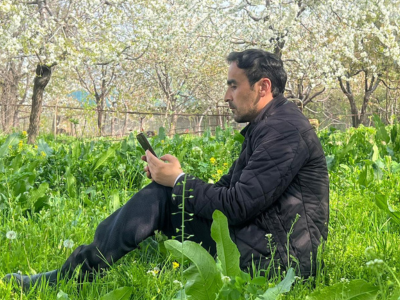
A human booster for digital innovation in Tajikistan
13/05/2024
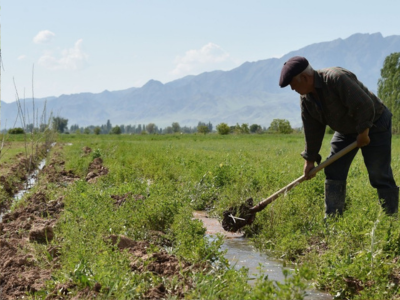
Every drop counts: FAO support for the implementation of an electronic irrigation water monitoring system in Kyrgyzstan
13/05/2024
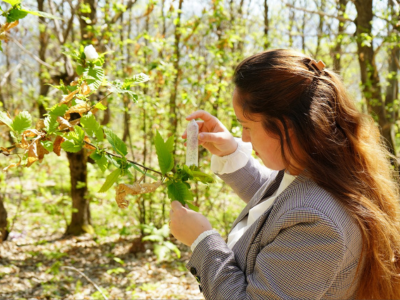
FAO initiative transforms Albanian chestnut value chain through innovation
10/05/2024

Accelerating sustainable climate-smart agribusiness in Serbia and Uzbekistan
10/05/2024
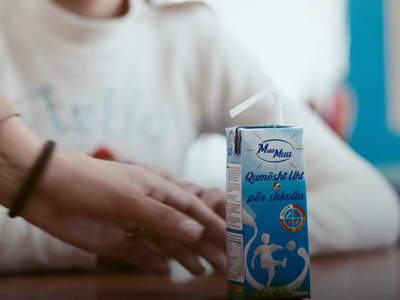
Private sector engages with FAO on improving food security and agriculture sector sustainability
08/05/2024
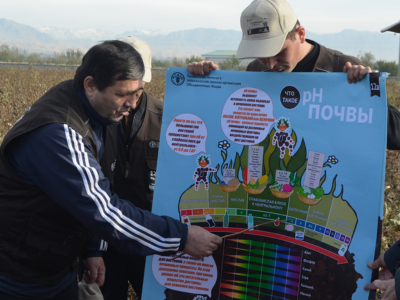
Hands that heal our soils
29/04/2024



